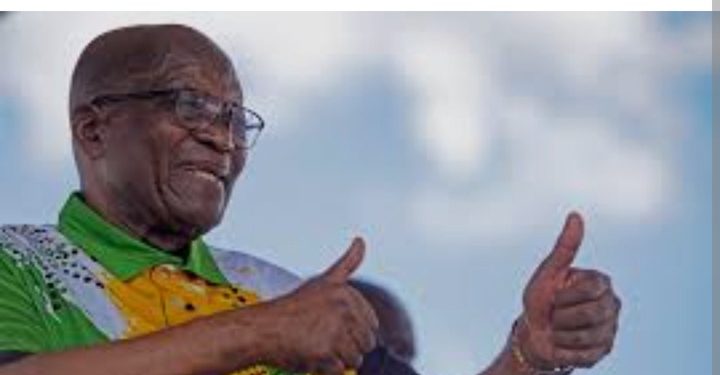In recent developments, President Cyril Ramaphosa has faced significant setbacks for the African National Congress (ANC), particularly following the electoral rise of the Jacob Zuma-led MK Party (MKP). The fallout from the ANC’s dismal performance in the local elections has amplified internal divisions and questions about leadership efficacy.
During the recent local elections, the ANC secured a mere 42% of the vote, a substantial drop from its previous standing. This decline is attributed to various factors, including widespread dissatisfaction with service delivery, allegations of corruption, and ongoing infighting within the party. Many ANC loyalists have expressed their discontent, signaling a growing sentiment that the party is straying from its founding values and principles.
In stark contrast, the MKP has emerged as a notable player in the political landscape, leveraging the disillusionment of voters who once supported the ANC. Under Jacob Zuma’s leadership, the MKP has gained traction by appealing to voters’ nostalgia for a time when the ANC was perceived to be more principled and focused on grassroots issues. The MKP has effectively framed itself as a viable alternative for those disenchanted with the ANC’s current trajectory.
Zuma’s rhetoric, emphasizing the need to return to the party’s original liberation values, has resonated with many South Africans, particularly those in rural areas who feel neglected by the current administration. The MKP’s recent success can also be attributed to its grassroots mobilization strategies, which have helped them connect with local communities effectively.
The growing influence of the MKP poses a direct challenge to Ramaphosa’s leadership, as it signals a potential fragmentation of the ANC’s voter base. Many analysts believe that if the ANC does not address its internal issues and reconnect with its constituents, it may face even more significant losses in future elections. The perception that the MKP is gaining ground suggests that Ramaphosa’s leadership could be questioned further, potentially leading to calls for a leadership change within the ANC.
Moreover, the impact of the MKP’s rise extends beyond electoral numbers; it challenges the very foundation of the ANC’s historical narrative. As the MKP continues to gain popularity, it could influence policy decisions within the ANC, forcing the party to reconsider its approach to issues such as economic inequality, land reform, and social justice.
In summary, President Ramaphosa’s leadership is under scrutiny as the ANC faces a considerable decline in support, juxtaposed against the MK Party’s burgeoning influence. The ongoing struggle for relevance and voter loyalty within the ANC underscores the critical need for introspection and reform if the party hopes to reclaim its status as South Africa’s leading political force.






















